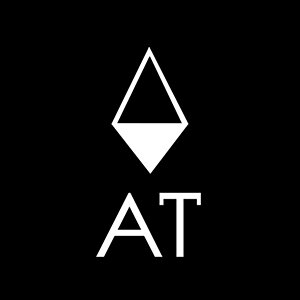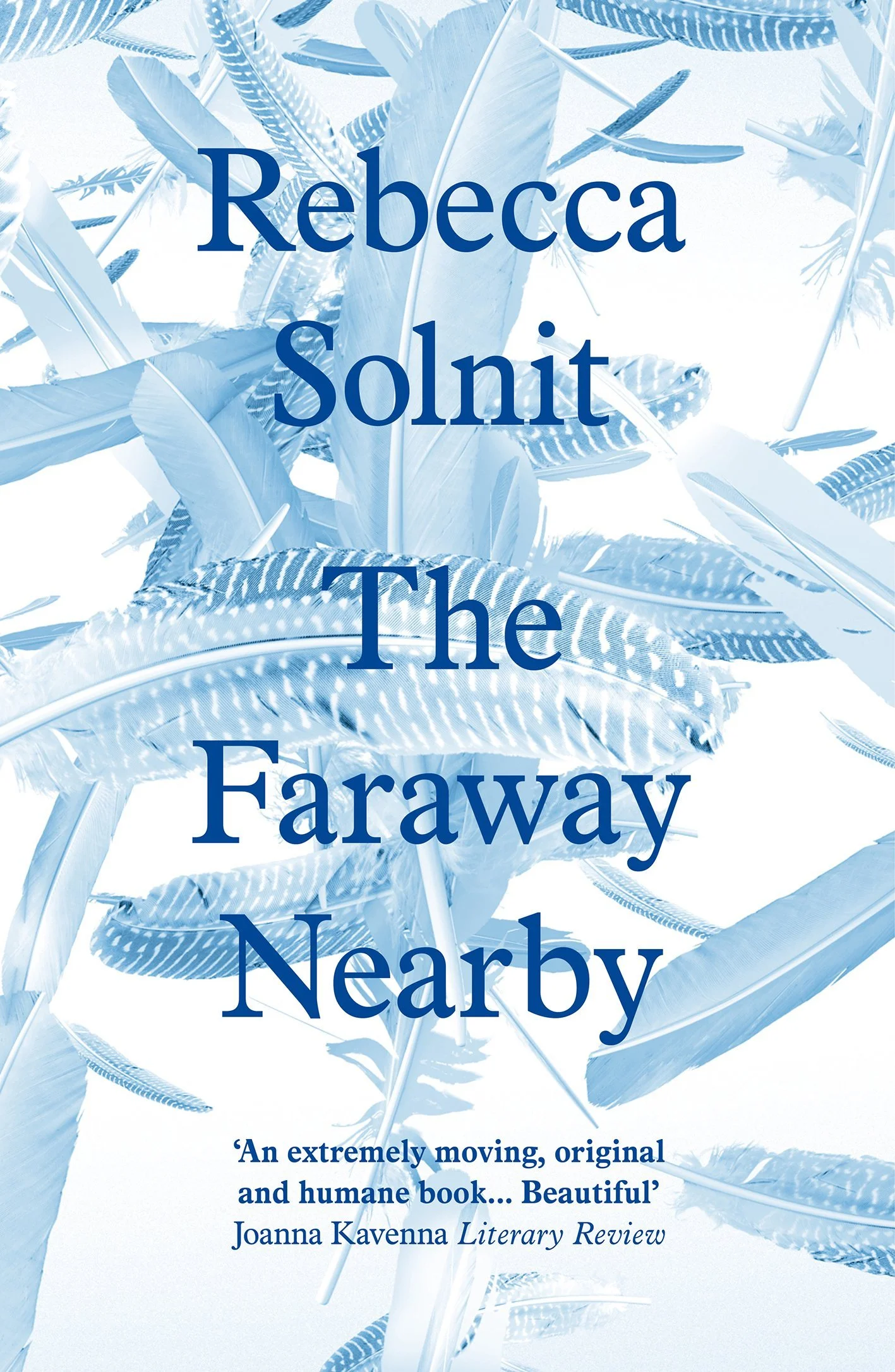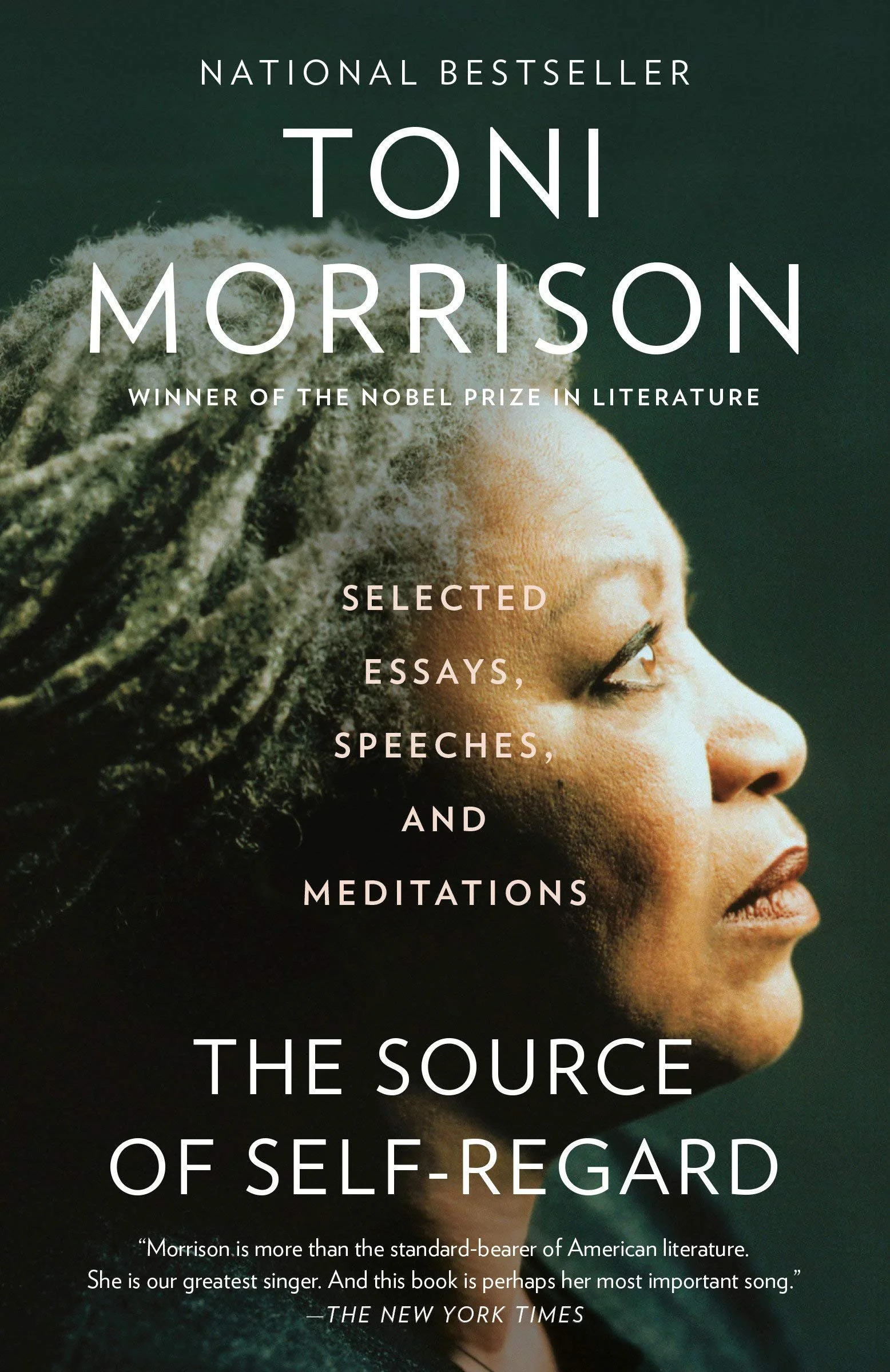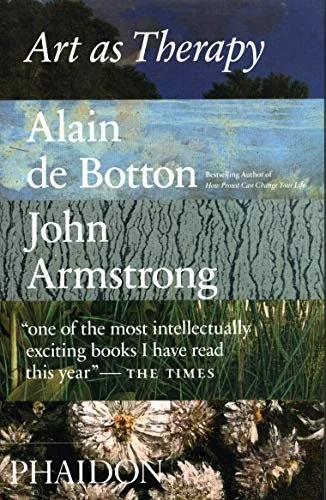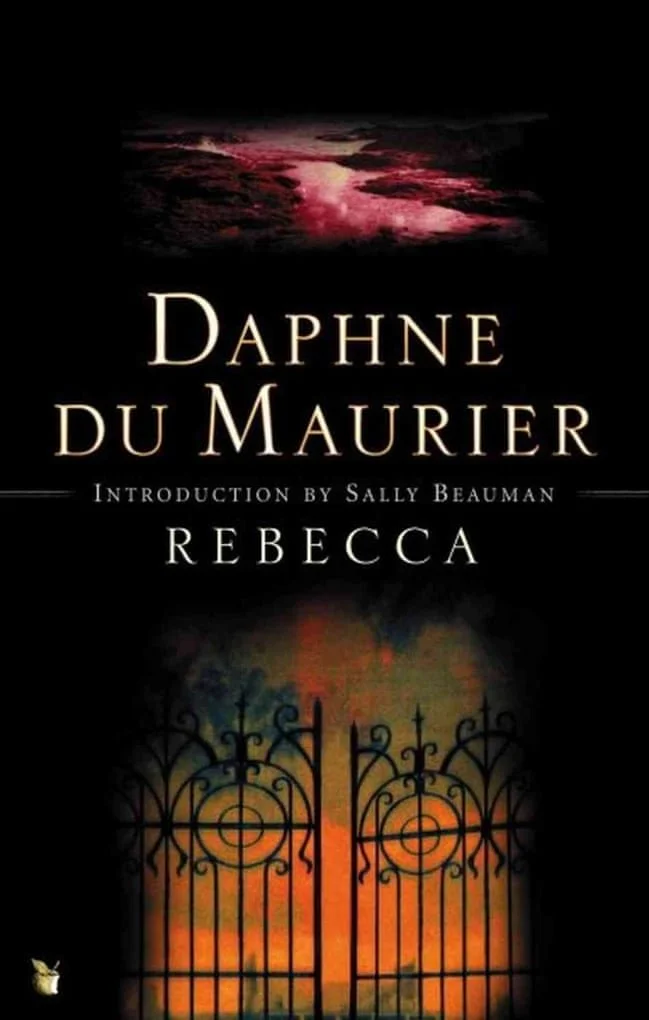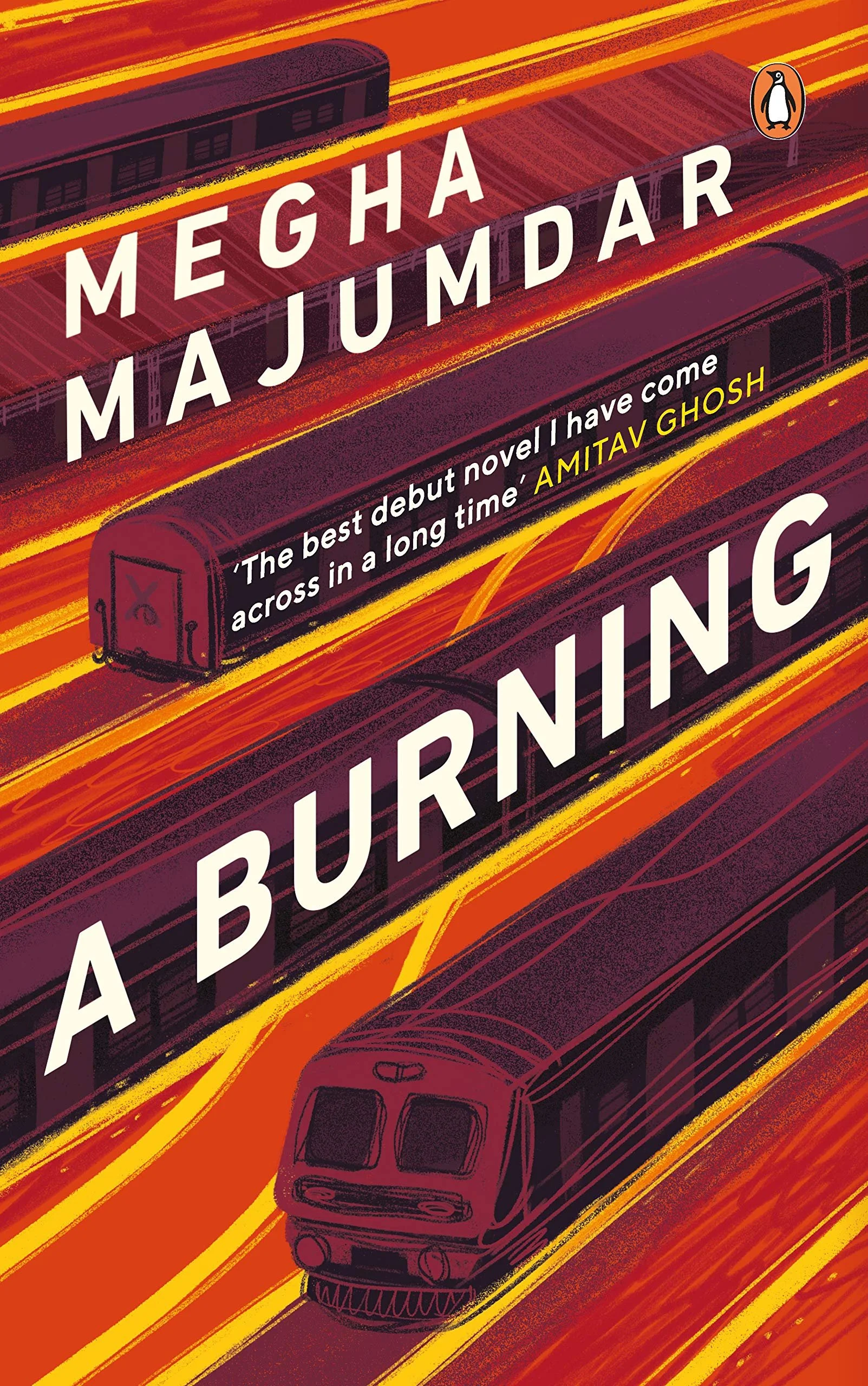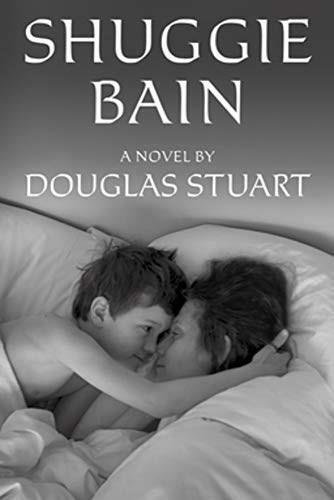One for the Books
To close out the year, I’d like to share with you some of the books I’ve read this year. They may be older, but I found them to be like ports in a storm and a hopeful distraction. I’m also bringing on board my friend Rachelle of @thenextbook who laps me every year in the number of books read. Scroll down and follow her on TikTok for reliable recommendations.
I hope you’ll find an idea here for your next read.
Happy New Year and Be Well Everybody
We'll tak a cup o' kindness yet
For days of auld lang syne
The Source of Self-Regard, Toni Morrison
A compilation of essays, speeches, and meditations, you can open this book up and start anywhere. From the great tragedy of 9/11 to racial discrimination to the role of the artist in society, Morrison stirs debate and calls for action. She also comments on human resilience and looks to artists to show us the way, “To lessen suffering, to know the truth and tell it, to raise the bar of humane expectation.” This book is worth a space on the shelf that you’ll go back to throughout the year.
The Faraway Nearby, Rebecca Solnit
I started off the year listening to this on a road trip. I was staring across the desert while I heard Rebecca talk about losing her mom to Alzheimer’s. She also writes about a residency in Iceland, fairytales, and apricots—and in some miraculous way, it all ties together. After that journey, I arrived home refreshed because Solnit gives you the permission to suffer and complain, but then recover. “Time itself is a tragedy, and most of us are fighting a war against it,” Solnit writes. This year felt like a battle for sure, but it’s now part of our collective narrative.
Art as Therapy, Alain de Botton and John Armstrong
Although this book is almost 10 years old, it is the perfect prescription for anyone approaching artistic burn-out (or overload). The authors remind us of deep historical references supporting the idea that art can improve humanity. By proposing seven functions of art (Remembering, Hope, Sorrow, Rebalancing, Self-understanding, Growth, and Appreciation) they may have narrowed the field too far. But there are were many moments when I felt my eyes widening and my personal faith in art and healing strongly justified.
From Rachelle:
When Ann asked me to share some books on creativity, I immediately thought of my collection of books on the writing craft. I’m a writer, cheerfully laboring in obscurity, and I do love a good craft book. Anne Lamott’s Bird by Bird or Stephen King’s On Writing are often invoked, by myself and others, as particularly inspiring examples of the genre. But for me, one of the dangers of reading about craft is that I can get wrapped up in the hows and supposed to’s of writing. Is there a quicker way to kill creativity?
Instead, let me share with you a few books I read this year that teased my creative muse to life—books that made me want to get back to the blinding blank page and prove that I, too, can make a whole world animate like that author just did for me.
Rebecca, by Daphne du Maurier
Setting in this novel looms as large as character and pushes the plot spookily, enticingly forward. I listened to this on my daily pandemic walks with shivered delight. I also mentally wrote college term papers about feminism as depicted in this novel—my idea of a good time. Yes, this was my first exposure to Rebecca. Sometimes it’s good to experience classic works later in life!
My muse says: See how setting, atmosphere, and mental state all feed tension?
A Burning, by Megha Majumdar
This novel is a great study in character and conflicting desires and points of view. The three characters that tell this story were so vivid, I wanted to hear more from them—especially Lovely, a hijra, who has so much optimism and energy for life despite her circumstances. Majumdar’s subject is complicated. An act of terrorism sets the plot on its way, and the political and social response to this act resonate on the individual level.
My muse says: What if you looked at your subject through others’ eyes?
Shuggie Bain, by Douglas Stuart
I read this at the start of 2021, and I still think about these characters and wonder how they are doing. Stuart achieved the magic trick of making readers (this reader, anyway) care about his characters. Shuggie Bain is by turns harrowing and tender, and ends on the perfect, sparkling note. No spoilers, I promise! How did Stuart create this world, break our hearts, and put them back together again?
My muse says: Now you try.
Thanks for Reading! Ann & Rachelle
